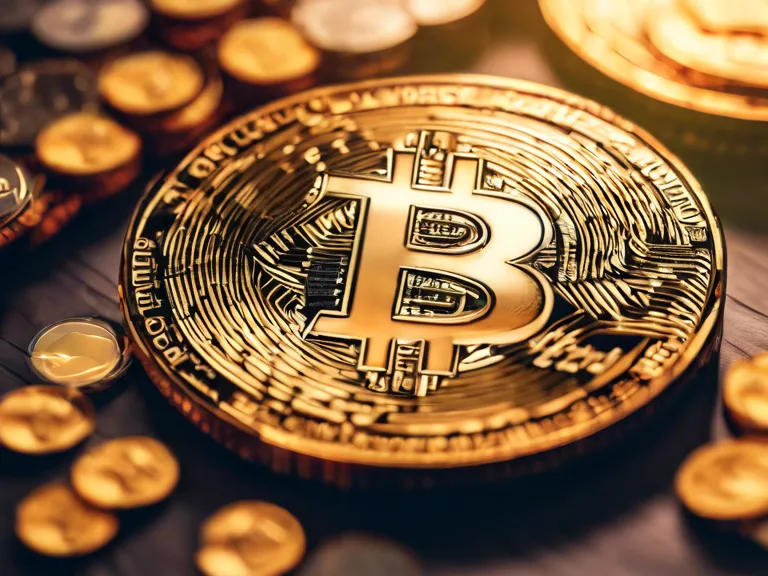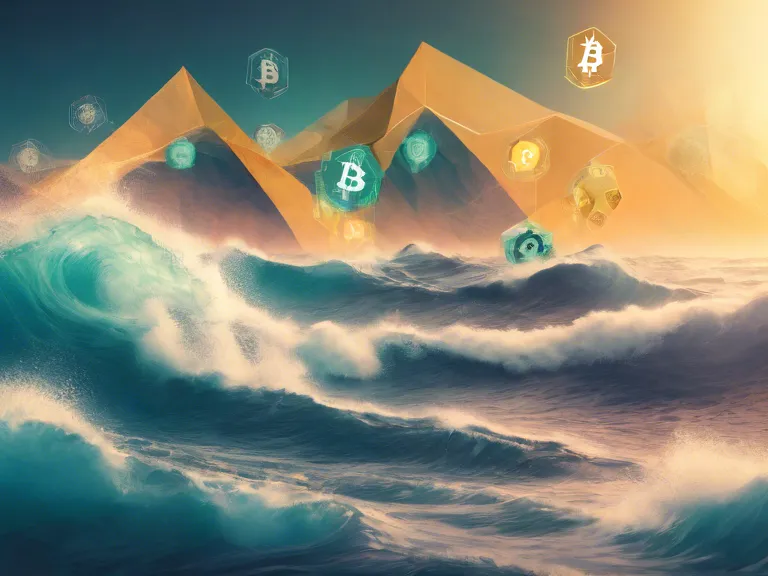
In recent years, the rise of digital currency has been making waves in the financial world. One of the most exciting developments in this area is the emergence of cryptocurrency, a decentralized form of currency that operates independently of traditional banking systems. While cryptocurrency itself has garnered significant attention, its impact on the NFT (Non-Fungible Token) market has been particularly noteworthy.
NFTs are unique digital assets that are indivisible and cannot be replicated, making them ideal for representing ownership of digital artwork, collectibles, and other unique items. These digital assets are bought and sold using cryptocurrency, with transactions recorded on a blockchain, a decentralized and transparent ledger.
The use of cryptocurrency in the NFT market has revolutionized the way digital artists and collectors interact. Artists can mint and sell their digital creations as NFTs, ensuring that they receive fair compensation for their work and retain ownership rights. Collectors, in turn, can purchase and trade NFTs with ease, knowing that their ownership is securely recorded on a blockchain.
The future of digital currency and the NFT market looks bright, as more artists, collectors, and investors recognize the potential of this innovative technology. The ability to tokenize digital assets and transact securely using cryptocurrency opens up new opportunities for creators and collectors alike. Additionally, the transparency and immutability of blockchain technology provide a level of trust and security that is unparalleled in traditional markets.
As the popularity of NFTs continues to grow, so too does the demand for cryptocurrency as a means of conducting transactions. This synergy between digital currency and the NFT market is reshaping the way we think about ownership and value in the digital realm. With new developments and innovations constantly emerging, the future of digital currency and NFTs promises to be an exciting and transformative journey.


